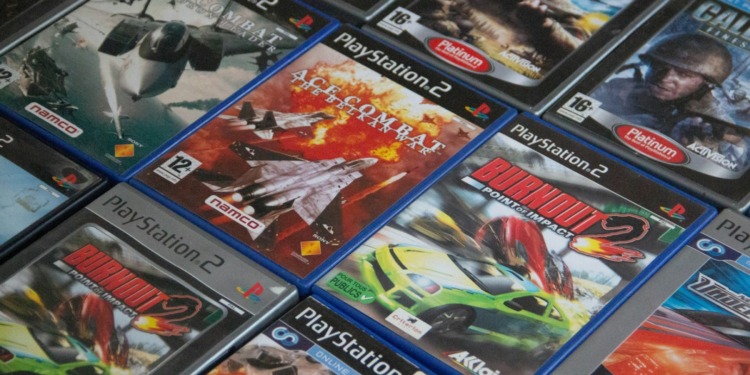Consider your favourite board game. Now, imagine a corporate deal that renders it outdated – perhaps Colonel Mustard is now owned by Heinz instead of Hasbro. Due to this shift, a mandatory recall is issued to preserve Heinz’s new intellectual property. They come to your house, take your game and leave; no refund, no replacement. Yes, the rules for video games are different.
Fortunately, just like vampires, game publishers can’t enter your home without permission. However, there’s nothing stopping them from removing games on digital platforms. According to delistedgames.com, there are at least 2,106 video games that you simply can’t play anymore. Some of them are digital-only releases that have been delisted and some are online-only games whose servers have been retired.
This is why a dedicated amount of modern gamers refuse to buy games digitally. Having a physical copy of a game means you own it permanently while online suppliers only provide you with a license that lets you play their games. Digital gaming pioneer Steam now admits as much. In October 2024, they added a permanent message to all users shopping carts stating “A purchase of a digital product grants a license for the product on Steam”. Gamers praised this shift in clarity despite mixed feelings about ownership.

So, should gamers stop buying video games and get physical games only? Not if they aim to reduce their carbon footprint.
Of course, a physical game must be manufactured and shipped to the consumer, which uses plastic and fuel. Meanwhile, the energy efficiency of data centres doubles every few years, generally in accordance with Moore’s law, and is likely to continue on this trend as we research more ways to support the overwhelming thirst of our newest AI models. Recyclable plastic and vegetable-based ink can reduce the impact of physical gaming but it won’t be near the efficiency of digital for a long time, if ever. So video games are here to stay.
Additionally, there may be no point in buying physical games if ownership is a concern. Most modern releases have a file size larger than the standard 50GB that fits onto dual-layer Blu-ray discs. This means the disc you put in your console ends up acting as an authentication key to download the full game from a server. If the developer goes bankrupt and closes its servers, this disc will become useless.

Digital gaming is also vastly more convenient. Video games no longer launch with midnight releases and cues at gaming stores – if gamers want to play a game as the clock ticks over to launch day, they now have to download it from a digital supplier. Some even adopt a pre-loading option so you can download the data early and literally launch the game at midnight. Physical gamers will be at the whim of their nearest electronic store opening time or the route of their local Amazon driver.
There are still benefits to buying physically though, with the top 4 that gamers consider being as follows.
1. To play the game and resell it when they’re finished
2. To loan the game to a friend
3. To display their owned games physically
4. To ‘archive’ the launch day version of the game
Points 1 and 2 tell us that flexibility is the strength of physical gaming compared to video games. Instead of mindlessly consuming everything the big developers release, gamers can trade between themselves and buy games second-hand. This is sustainable, too, which gives physical gamers an option to lower their carbon footprint.
Then there’s point 3. Every collector knows the satisfaction of a fully stocked shelf of video games in the ‘study’ but is that collection worth the environmental cost? At the very least, it will be harder to justify as digital gaming gets infinitely more sustainable in the coming years.
This is the crux of the digital vs. physical debate – it depends on how much care an individual holds. If they feel a moral obligation to reduce their carbon footprint, then they should definitely opt for gaming consoles that don’t have disc drives. If they love seeing their gaming catalog on the TV stand then they’ll buy physical.
Fortunately, gamers are able to make an informed decision with the information available today. Either way, we’re likely to see a trend toward less physical gaming as game cases holding discs transition from the only way to play to a trinket for the collectors and older gamers to enjoy.
Conservation: Video games forever
As mentioned, there are thousands of missing and unplayable video games today. To prevent this issue from worsening in the future, companies such as the Video Game History Foundation were founded, a non-profit whose mission is to archive and digitize video games. They also catalogue press kits, demos, gaming magazines and more to prevent lost media.
See a tour of their collection here.
Editor’s Note: The opinions expressed here by the authors are their own, not those of Impakter.com — Cover Photo Credit: Denise Jans.










